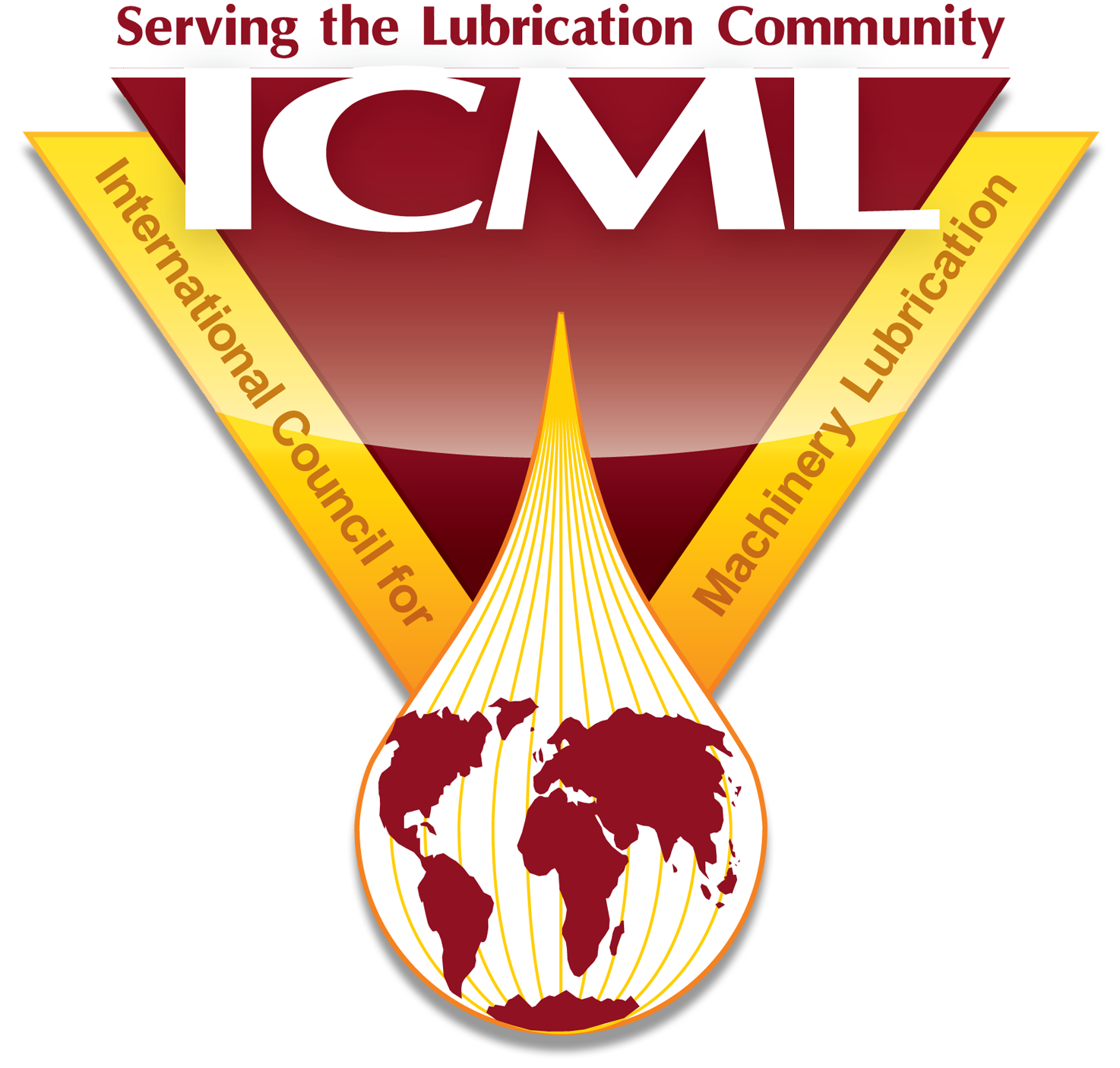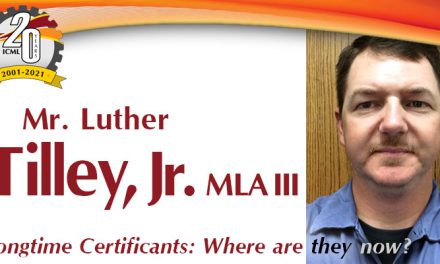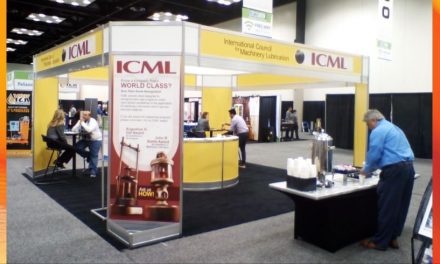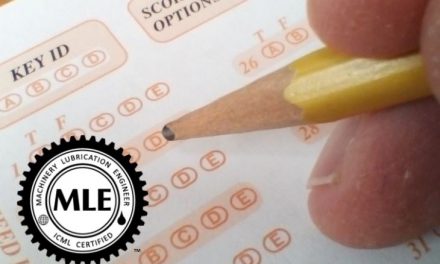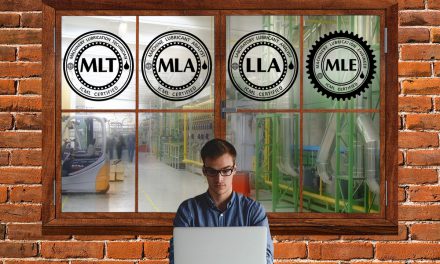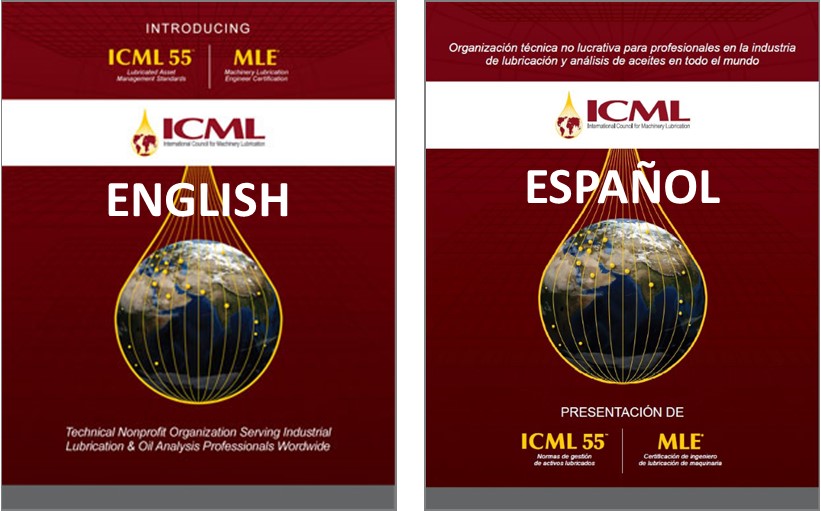Guest Contributors: Givemore Nikai, John Cummins, Randy Clark, and Marcelo Robert Quezada

Paul Hiller, ICML, April 24, 2022 | ICML has been certifying lubrication and oil analysis practitioners for over 20 years. Thousands and thousands of them! Paper certification exams were always accessible and convenient because they were generally offered in conjunction with in-person training classes. Then in 2020 ICML’s new online exams started offering a different kind of convenience. Whereas a paper exam session remains convenient because its time and place are pre-determined for the candidates, now the online exam is convenient primarily because it can be scheduled at an individual test-taker’s leisure, independent of training dates or formats.
Unfortunately, this new level of convenience has also made it easier for some candidates not to proceed with certification in a timely fashion.
This causes us some concern at ICML because we know that many employers instruct their lubrication personnel to acquire relevant training and/or certifications, so stopping short of certification can cost them money in the long run as those team members start to forget their training content. But the certification process–including a timely exam–helps to mitigate this loss while also producing subtle yet positive effects that directly impact productivity, corporate reputation, and potential ROI.
Training + Certification = Better than Training by Itself
To hear successful lubrication practitioners tell it, the commitment to certification engenders desirable traits among candidates before and after the exam. Candidates who schedule their exam session in advance of formal training are primed for learning because they know the test is coming. Later, candidates who pass the exam exhibit a level of confidence that permeates all their on-the-job activities–not just confidence in their technical skills, but also confidence that affects how they handle themselves professionally with internal and external customers. This, in turn, improves client perception and job productivity, setting the stage for enhanced revenue.
Givemore Nikai, MLA II, MLT II, is a Site Maintenance Mechanic with GHH Fahrzeuge in South Africa. His certification experience showcases these benefits for both him and his employer.
“Training imparted me with new skills and an avalanche of perspectives in the field of lubrication, tribology, and reliability engineering,” he says. “And certification from such an incredible international body [ICML] also confirms my ability to bring world class intervention in machinery lubrication and reliability, because the certification examinations are of high quality and they have a pass mark of at least 70%. That is not any easy feat to achieve.”
Regardless of a candidate’s training and work experiences, the ICML certification process standardizes the measurement of practical knowledge retention, thus leveling the playing field for certified employees. After earning his certification, Nikai noticed that his colleagues perceived him in a positive light.
“Displaying my certification made me the go-to guy at the whole work facility, and this also attests that my certifications are authoritative and are held in high regard,” he says.
Accordingly, Nikai noticed that his engagement with colleagues was more productive. “Being certified gives me the confidence I need in executing my duties and responsibilities as a lubrication and reliability professional,” he explains.
RELATED:
Watch additional feedback from other certified pros in
Fear Factor
When should a trainee sit the ICML exam?
“This question has been posed to me by many of my students upon completion of training,” says John Cummins, Executive VP Product Technology at Hydrotex and Dean of Hydrotex Lubrication University. “And my immediate response is, ‘Tomorrow if possible—don’t put it off!’”
As noted above, ICML’s introduction of online exams has placed the responsibility of scheduling directly into the hands of certification
candidates who have opted for the online format, and this reality has made it too easy for some of them to overlook or postpone their certification exams indefinitely. They may say they are too busy; they may say the funds aren’t available; they may claim they don’t need the certification on top of training. All the while, there may be a perfectly normal explanation: a fear of taking tests.
Cummins sees this all the time. “At the beginning of my training classes, I give my students a benchmark test with a set time to finish. I see panic, resignation, and even students staring off into space. In every case there are blank, unanswered questions because most people have not taken an examination since they left high school or college.”
Thankfully, the fear of test-taking is not insurmountable, Cummins says overcoming it is primarily a matter of getting back into the groove of thinking like a student. “You need to take practice examinations for time management and to get comfortable taking tests again before you take ‘The Big One,’” he says.
Huge Mistake
However, even a lack of fear can be harmful. This is exactly what happened to Randy Clark, MLA III, Reliability Manager at POLARIS Laboratories®, According to Clark, he did not fully commit to the training week, over-confidently dividing his attention between job responsibilities and classroom instruction. Unfortunately, this approach had a detrimental effect on his exam score.
“For my MLA III exam, it took me two tries to pass the exam,” he recalls. “Why? I attended the MLA III prep course the same week as taking the exam; however, I cannot say that I was 100% devoted to the classroom time.
More Tips
for overcoming exam hesitancy:
Read this post by Wesley Cash, MLE, MLA III, of Noria Corporation.
I was confident I could handle the class while still keeping up with work that was happening back at the shop. I would monitor and reply to emails, quietly step out to take or return phone calls, etc. Huge mistake on my part, and I failed the exam.”
But Clark wanted the certification, so he continued his pursuit—albeit with a newfound, healthier respect for the process. “On the second attempt, I attended the prep course again,” he says. “This time I ensured that I could be 100% committed. I delegated all responsibilities back at the shop to someone else and ensured that leadership was aware.”
A Matter of Practicality
Nikai agrees that ROI is best achieved by proceeding with a certification exam immediately upon completion of training while the course material is still fresh. “There is easy recall of principles and concepts while the memory is still ‘unpolluted,’” he says. “Rather than delaying your certification, testing right away ensures a higher chance of passing beyond the 70% score.”
Moreover, a candidate is still close to the training knowledge in case a retake becomes necessary.
“In my experience, training for the examination is an important part but not the only necessary preparation,” says Marcelo Robert Quezada, MLE, MLT II, Reliability Engineer at Bel-Ray Chile. “Some review of lubrication-related articles and books is fundamental. But taking the exam as soon as possible after being part of a training looks like a good procedure, because if the first attempt to pass the exam is a failure, the email that ICML sends with the results is very detailed regarding which areas could benefit from more preparation. Then it is possible to do some reading about those topics, to prepare for a retake exam.”
Even though online training sessions and exam sessions do not involve the time and trouble of traveling, they do consume many hours away from job responsibilities, so ROI is still a valid concern. It would be a shame for a candidate to fail a certification exam because he waited too long to schedule it. Suggests Cummins, “You have already taken time off from your work to attend formal refresher training, so take the next day and ace the exam.”
Nikai, Cummins, Clark, and Quezada are not alone in their assessment that timely certification exams can boost the ROI of training classes by increasing the likelihood of earning ICML credentials that will subsequently enhance productivity, professionalism, and client perception on the job. I have compiled a new video* featuring several other successful practitioners highlighting their personal experiences and observations about the benefits of certification and the pitfalls of procrastination. Watch the video before you schedule your own training and exam sessions, and you will notice common themes that encourage you to proceed with the best possible decisions for yourself and your lubrication maintenance team.
* Watch and share full English or Portuguese videos featuring even more certified practitioners.
